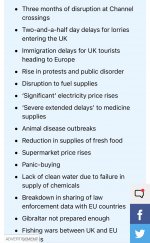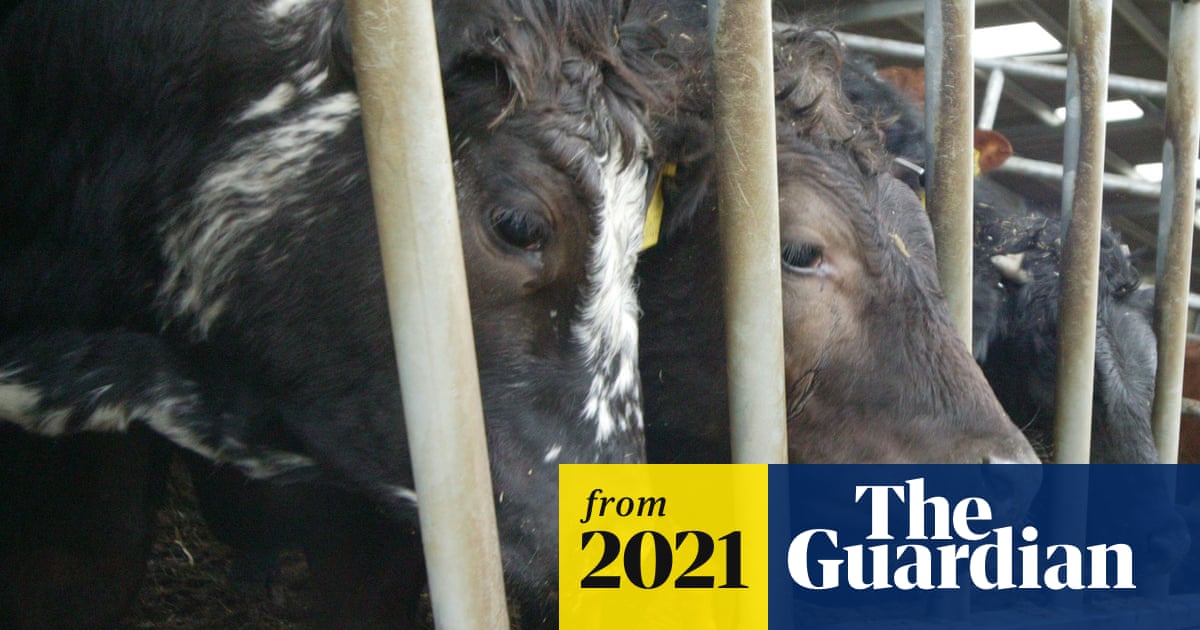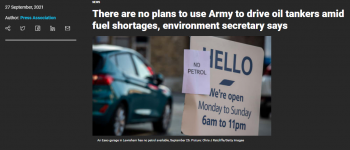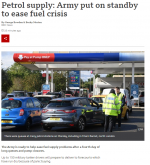Adi_Dem
Well-known member
Thats not the case Adi, you can be a hidden employee and still be self employed through a limited company, but you have to pay full NI as both an employee and employer as well as PAYE income tax. You just can't pay corporate tax and take your money as dividends
This isn’t accurate. It's something I advise on. You are talking about the general IR35 regime which applies other than where the end client is a public authority or, (as from April 2021), a medium or large private entity with a UK connection. In the situation that is the subject of this thread i.e. where a medium/large UK company engages a worker via an intermediary then the ‘off-payroll IR35 regime’ applies rather than the general IR35 regime and the fee payer is obliged to deduct tax at source.
Broadly, the effect of the off-payroll IR35 regime is, in relevant situations, to shift the responsibility for assessing whether IR35 applies from the PSC to the end client and, in the event IR35 does apply, to shift the obligation to make deductions in respect of income tax and National Insurance contributions (NICs) onto the party that is closest in the relevant contractual chain to the PSC (whether that party is the end client which contracts directly with the PSC or another intervening intermediary in more complicated contractual arrangements) i.e. the fee payer.
Those relevant situations are, broadly, arrangements whereby a worker provides services to an end client through an intermediary where, but for the existence of that intermediary, the relationship between worker and end client would be one of employee and employer.
If the off-payroll IR35 regime applies, the end client is responsible for providing the worker with a Status Determination Status. If theSDS determines that the engagement falls within the scope of the off-payroll IR35 regime and the intermediary entity conditions are satisfied, it is necessary to establish the contractual chain under which the services of the individual are supplied as this dictates the responsibilities of each party, including undertaking the assessment as to whether the off-payroll IR35 regime applies, for issuing and cascading the SDS and, if the off-payroll IR35 regime does apply (crucially in terms of the point you're making), for making and accounting for the required deductions in respect of income tax and NICs.
In a nutshell, the ‘highest’ person in the contractual chain is the end client and the ‘lowest’ is the individual's PSC (or other relevant intermediary). A chain will be established where payments (or money's worth or any other benefit) which can reasonably be taken to be for the individual's services to the end client (a 'chain payment') are made between each respective entity in the contractual chain. Once the contractual chain has been identified it is then necessary to identify the 'fee-payer', which is defined as the entity in the contractual chain immediately above the 'lowest', ie the entity in the contractual chain above the individual's PSC. As a result (and subject to some exceptions), the fee-payer will be required to add the individual to their payroll and to operate PAYE on the deemed direct payment, deducting and accounting for income tax. Equivalent obligations to deduct and account for NICs also apply, including a liability for the fee-payer to account for employer's NICs.





